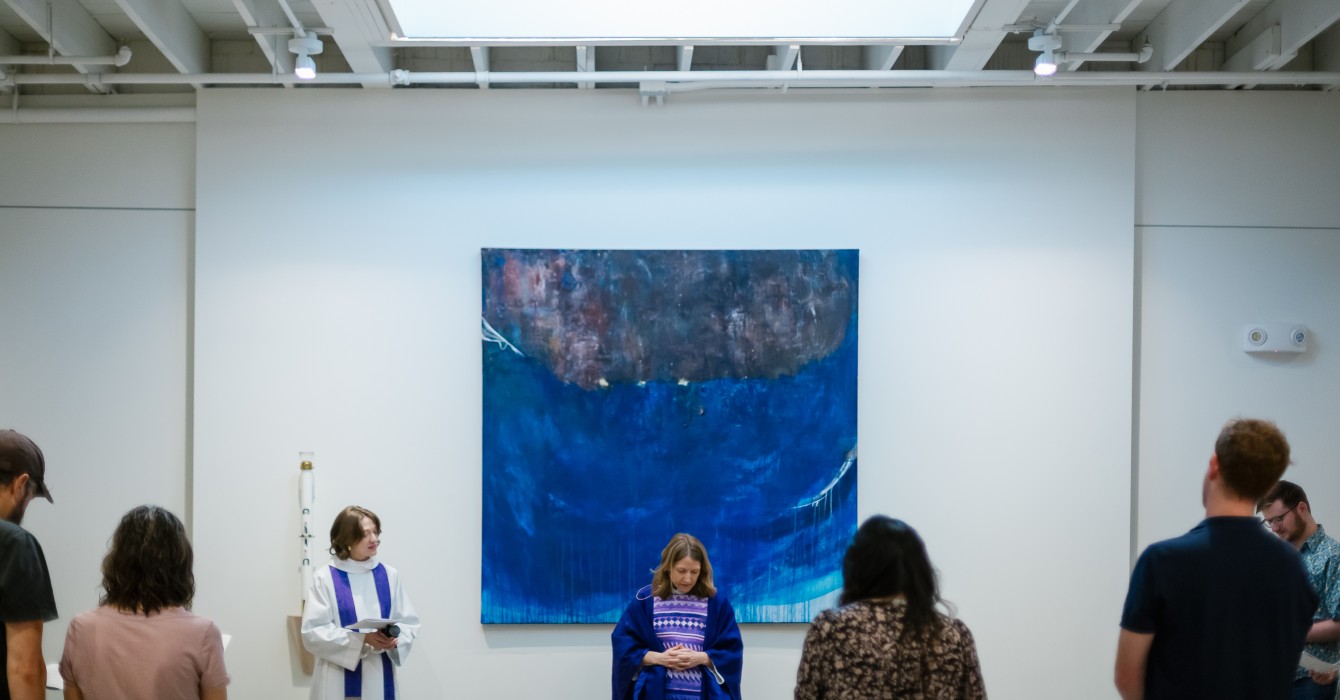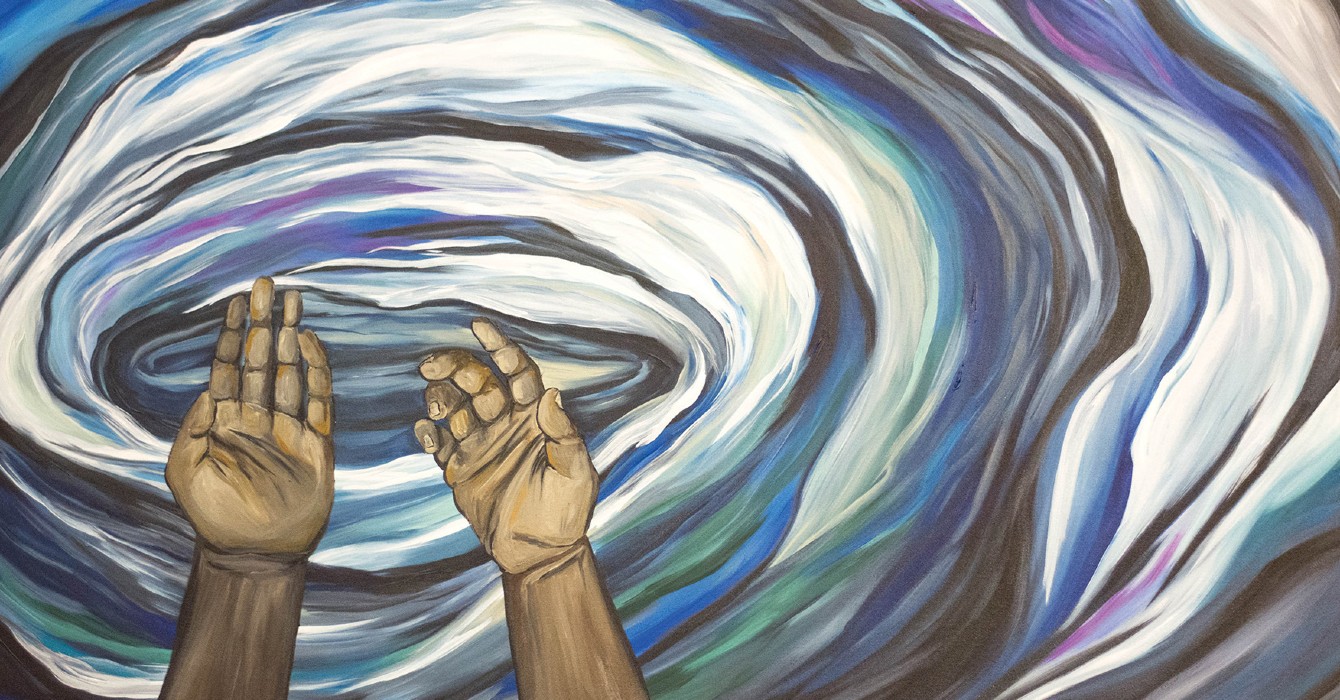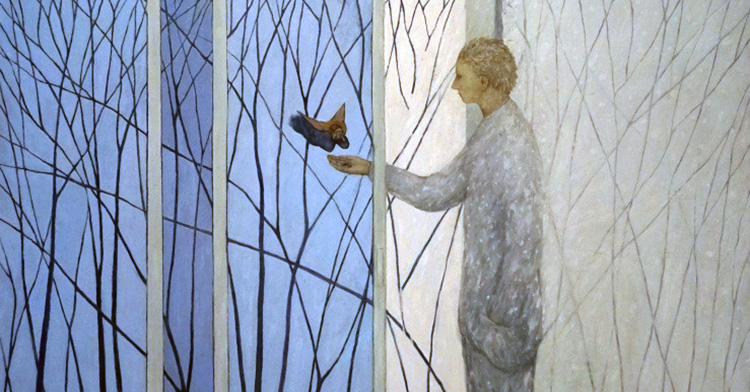One of the hardest stories to tell is about conversion. How many tales of the drug addict getting clean can we stand before we demand an end to the treacle? Yet all leaders (not only preachers) have to figure out a way to tell stories of conversion well. Surprisingly for Christian leaders, a movie with Islam in the religious lead may point us in the right direction.
Slumdog Millionare is everything we go to the movies for. It’s about things that matter: relationships of love and hate, unexpected outcomes from success to failure and back, history and technology and beauty and ugliness. It hits you like one of the rugged trains that rumbles through the movie past scenes of desolation and glory, carrying stowaways and India’s web-based nouveau riche.
In particular it’s a depiction of the collision of ancient Indian culture with 21st century cellphone call centers and up-to-the-nanosecond technology. It has a Cain and Abel story of two brothers in a relationship that alternates between powerful self-sacrifice and self-serving violence. Its loving depiction of how three childhood friendships change over time sets our minds to wondering about our own mortality. And it is deliciously and lyrically filmed. My wife said after, “Now I want to go to India, not to see the Taj Mahal, but to see the slums.”
With its accolades leading up to Oscar time you’ve likely heard the premise by now: a former street kid, now a tea-server in a call center, goes on India’s version of Who Wants to be a Millionaire and wins 20 million rupees (roughly $400,000). But the show’s slimy host and his friends in the police department are sure he must’ve cheated. How can a former street urchin know whose face is on the American $100, or who what cricketer has scored the most first-class centuries in history? The film flashes back to show precisely how street life can teach genuine wisdom and even love, in addition to the sort of trivia the show rewards.
It’s not the American dream, with Horatio Alger and bootstraps, it’s a particularly Indian dream. Here poverty is more desperate than anything America’s streets can cook up. Beggars are maimed to increase their take. Hindu nationalist thugs attack Muslim communities with clubs and Molotov cocktails while police stand by and play cards. All young girls can hope for is to be higher-priced prostitutes. Police routinely torture. The film never once flinches from these harsh realities. For a kid to rise from this and attain celebrity and fortune is indeed fantasy.
The film has problems. The love story verges on the pollyanish at times (“It’s our destiny”—the worst of the American dream). The final scene is a mock Bollywood dance number that, fun as it is, stays in the mind and overwhelms much of the good before it. But the primary problem is the aforementioned conversion. The lead character Jamal has a brother, Salim, who inexplicably moves from a violent willingness to shoot Jamal to a sacrificial readiness to die for him. The only hint of this character development is Salim’s occasional utterances of Muslim piety and one scene of him praying before going out and making a hit for his mob boss. Jamal tells the game show host at one point, “Without names like Rama and Allah I would still have a mother.” True enough, and a powerfully put critique of all religion. Yet Salim seems to have changed his mind, and decided Allah is the way to forgiveness. “God is great” are his appropriate last words. Is a religious conversion not reason enough for a switch from murderer to martyr?
Slumdog more than deserves the accolades it has coming. It’s a film with genuine ambition and a believable depiction of human cruelty and tenderness, even with its fantastical premise. Its depiction of beauty, from the slums to the trains to the game show floor, is almost palpable. But it’s a believable conversion short of perfect.
And you gentle leaders, whether Christian or not: don’t let an imperfectly told conversion spoil an otherwise glorious story.








